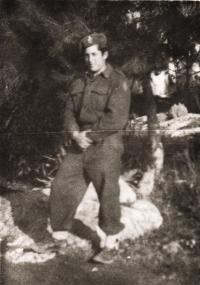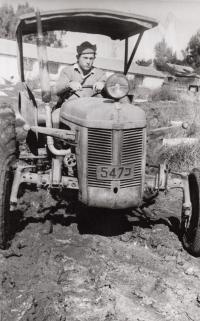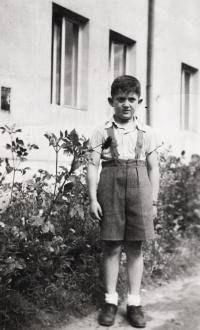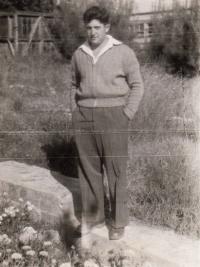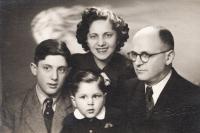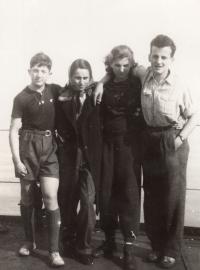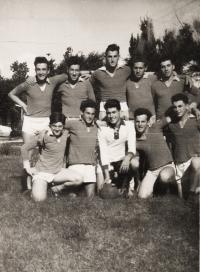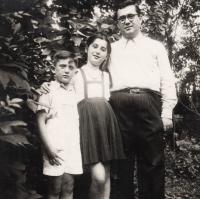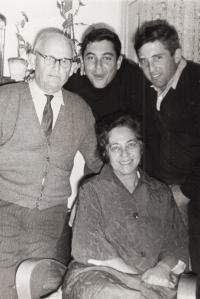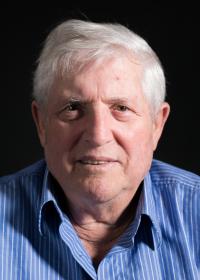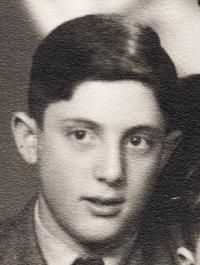Communism seemed the same as Nazism, during which we suffered greatly

Download image
David Sivor was born on July 28, 1934 in Bratislava into a Jewish family. His grandfather owned a hardware store with a workshop in Bratislava, where also David´s father worked. A family from his mother´s side owned the hotel Kriváň in former Liptovský Svätý Mikuláš. In 1941 they lost their whole property as well as their flat in Bratislava, which was seized by an aryaniser. They moved to a rented accommodation in Koliba to some Byelorussian. However, as time passed, this place stopped to be safe and in the end, David´s mother, grandmother and uncle were deported to concentration camp in Theresienstadt. Other family members ended up in camps Sobibor and Auschwitz. David and his father waited to see the end of the war in a Bratislava hideout, and luckily the family from Theresienstadt camp survived and returned home. In 1949 David Sivor left to Israel with a group of other Jewish girls and boys with the intention of working in kibbutz. His parents and his brother managed to arrive in Israel yet in 1964. Besides his job, David Sivor focused on sports and in 1976 he began working as a professional swimming coach in Jerusalem.
